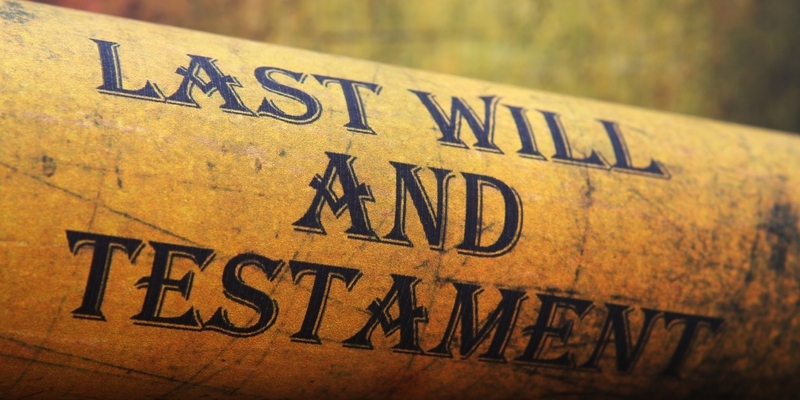
What happens when the intended recipient of a testamentary gift dies before or alongside the testator? In Texas, unless the will provides otherwise, the default answer is that the gift lapses – that is, that the provision containing the gift is treated as if it were not part of the will. If the will has a residuary clause, as most well-drafted wills do, then the residuary beneficiaries will take the gift; if not, then the gift will pass outside the will to the testator’s heirs.
Lapsed gifts have the potential to produce outcomes that the testator may not have wanted. For example, imagine that a testator’s will leaves the testator’s pickup truck to her brother, her jewelry collection to her sister, and everything else she owns to her husband. The testator and both of her siblings then die together in a car accident. By default, absent language in the will to the contrary, the gifts to the testator’s brother and sister lapse. The testator’s husband takes the truck and the jewelry, and the surviving family of the brother and sister take nothing. Perhaps the testator would not have minded this outcome, but one can also easily imagine that the testator would have preferred that the gifts she set aside especially for her siblings would go to their families, instead.
To help mitigate the unintended consequences of lapsed gifts, the drafters of the Texas Estates Code included within it Section 255.153, commonly known as Texas’s anti-lapse statute. This section of the Code applies to testamentary gifts to descendants of the testator (i.e. the testator’s children, grandchildren, and so forth) as well as testamentary gifts to descendants of at least one parent of the testator (i.e. the testator’s siblings, half-siblings, and the descendants of siblings and half-siblings). A gift to which the statute applies does not lapse if the named recipient fails to survive the testator. Instead, the gift passes to the children or other descendants of the named recipient. The statute then provides a formula for dividing up the affected gift among the deceased recipient’s children or descendants if they leave behind more than one. In practical terms, the effect of the anti-lapse statute is that testamentary gifts to children and siblings will tend to pass to the recipient’s surviving family rather than falling back into the estate.
While the anti-lapse statute can be helpful in making sure the distribution of an estate conforms to the testator’s wishes in the event of the unexpected death of a beneficiary, the best way to avoid unintended distributions is to have a thoughtfully drafted will prepared by an attorney experienced in estate planning.
All information provided on Silblawfirm.com (hereinafter "website") is provided for informational purposes only, and is not intended to be used for legal advice. Users of this website should not take any actions or refrain from taking any actions based upon content or information on this website. Users of this site should contact a licensed Texas attorney for a full and complete review of their legal issues.
